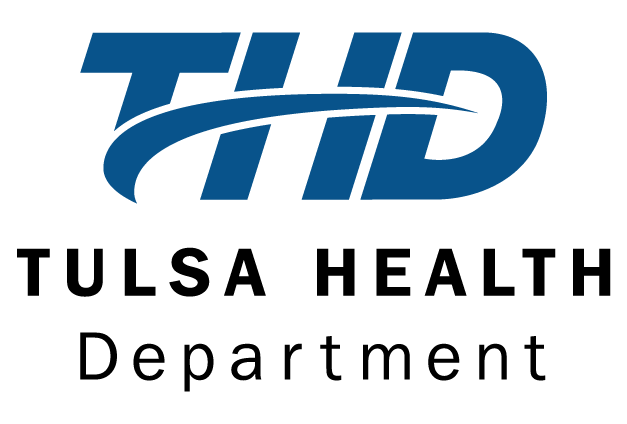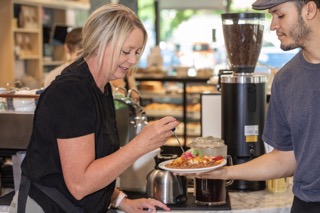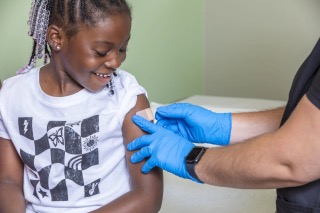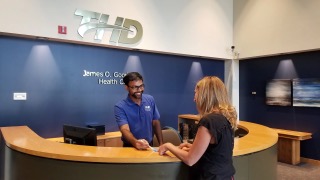The THD mission is to “Make Tulsa County the Healthiest County in the Country”. Therefore, we must acknowledge breastfeeding as an important Public Health Issue. When babies receive human milk, it improves the health of infants, mothers and families. Healthy families make healthier communities.
Breastmilk is a dynamic, ever changing substance that provides infants with custom made nutrition and protection from various bacteria, viruses, and other illnesses. Nursing creates a strong bond between mother and baby. Nursing mothers also recover more easily from delivery and tend to have less post-partum depression. Producing breastmilk burns extra calories, making it easier for mothers to achieve a healthy post- partum weight. Long term benefits to moms include a reduce risk of breast and ovarian cancers.
Breastmilk benefits are “Dose Dependent,” meaning the longer the duration of nursing, the more health benefits to both baby and mom.
The American Academy of Pediatrics (AAP) states infants should be fed breastmilk exclusively for the first 6 months after birth. Exclusive Breastfeeding means that the infant does not receive any additional foods (except Vitamin D) or fluids unless medically recommended. This is followed by continued breastfeeding, as complementary foods are introduced, for one year or longer as mutually desired by mother and infant.
Furthermore, AAP states there is “No upper limit to the duration of breastfeeding and no evidence of harm from breastfeeding in the third year of life or longer.”
During times of National Crisis, breastfeeding can provide additional benefits to families, including financial benefits. With large numbers of those recently unemployed, formula expense can be an additional burden to families with total cost around $2,000 or more in the first year! Human milk is always readily available, and free! Nursing mothers have no worries about possible infant formula shortages at the grocery store.
Nursing can provide a lifesaving method for infant feeding during times of natural disaster, such as widespread flooding or hurricanes. During such disasters it is often difficult or impossible to access supplies of infant formula, much less clean water or sanitary conditions for safe infant feeding practices.
WIC participants at the Tulsa Health Department have breastfeeding support from two WIC Breastfeeding Peer Counselors. WIC Breastfeeding Peer Counselors are past (or present) WIC participants who have personal experience with breastfeeding. Now employed by WIC, they receive evidenced based training on breastfeeding related topics. This makes them uniquely qualified to support and encourage other WIC moms along their own breastfeeding journey. We also have an IBCLC (International Board Certified Lactation Consultant) on staff, whose specialties include preparing nursing moms to return to work and maintain breastfeeding, how to pump and store human milk while separated from baby, and teaching prenatal breastfeeding classes for WIC Expecting mothers.
THD is also offers additional clinical Lactation services through an IBCLC with the Connect First Program. Connect First Program offers free breastfeeding classes several times a year. Classes are open to the public. Some Lactation services have been impacted by THD’s Covid-19 response efforts.
Click Here to Request an Appointment
For more information on breastfeeding or the WIC Program, call 918-582-9355 or email:
Kristi Ring, RD/LD, IBCLC, kring@tulsa-health.org
Pam Holt, MS, RD/LD, WIC Program Manager, pholt@tulsa-health.org
For more information on Connect First Lactation Services, email Kyla Pfannenstiel, RN,BSN, IBCLC, kpfannenstiel@tulsa-health.org
Additional Resources:
Oklahoma Breastfeeding Hotline: 1-877-271-MILK (6465) OR text the word “OK2BF” to the number 61222 to talk to a lactation consultant.
Breastmilkcounts.com
CDC.gov




